Peanuts are a popular keto snack since they are high in protein and healthy fats,If you are on a strict low-carb diet, salted peanuts can be a keto-friendly option to snack on.
salted peanuts keto friendly
However, peanuts are not true nuts and do contain carbohydrates. Since they’re actually a kind of legume, their higher glucose content makes sense. Are Salted Peanuts Keto Friendly? Simply said, yes. This article will discuss the carb content, nutritional value, ketogenic advantages, and potential risks associated with eating peanuts. Peanuts are cheap, high in fat, and delicious, but can they be eaten while on the ketogenic diet? Firstly, keep in mind that the ketogenic diet is high-fat, low-carb, and moderate-protein, and peanuts are not a part of this macronutrient profile. In order to achieve the metabolic state known as ketosis, one must carefully monitor their macronutrient intake and ensure that it provides:
- 70-80% of calories from fat
- 15-30% calories from protein
- 0-10% calories from carbohydrate
Analyzing their macronutrient content reveals that peanuts are a great food choice for those following a ketogenic diet. This, however, is only scratching the surface. We’ll get into the peanut’s plant poisons, antinutrients, and inflammatory omega-6 fatty acids in a little. Even though peanuts are on the lower end of the carbohydrate spectrum, they still have more carbohydrates than some other keto nuts. You may eat 60% of your daily carb limit of 20 grams in only one 2/3 cup dish of peanuts. As a result, peanuts are best ingested in moderation while following the ketogenic diet. Peanuts Have an Ideal Balance of Omega 3s and 6s The high-fat content of peanuts makes them a suitable snack for those following a ketogenic diet. Although a sizable portion of this is omega-6 fat. Furthermore, they are deficient in omega-3 fatty acids. Because people naturally consume a 1:1 ratio of omega-3 to omega-6 fatty acids in their diets, this presents a problem. Our internal systems are designed to utilize these fats in ways that counteract one another. In general, omega-3s reduce inflammation, whereas omega-6s promote it. This ratio is severely skewed in the Standard American Diet, which contains much too many vegetable and nut oils (around 1 part omega-3’s to 16 parts omega-6s). Research has connected the most common causes of mortality worldwide—inflammatory diseases—to an oversupply of omega-6 fatty acids. Chronic inflammation is the basis of many different diseases, including heart disease, diabetes, several malignancies, mental problems, and depression. Eating a lot of high-omega-6 nuts like peanuts and almonds might throw your omega-6 to the omega-3 ratio off, so it’s important to consume enough of high-omega-3 foods like shellfish, fish, and omega-3 keto superfoods like salmon roe to keep things in check. The Benefits of Peanuts for Your Health Peanuts are a great source of many different vitamins and minerals, but perhaps the most notable is the high levels of monounsaturated fats, complete proteins, vitamin B, vitamin E, zinc, and magnesium. Peanuts with the Ketogenic Diet: Winning Combination Some of the most abundant nutrients in peanuts may contribute to their potential ketogenic effects. Let’s take a deeper dive into the benefits provided by these essential nutrients.
- Biotin in Peanuts
Vitamin B7, often known as biotin, is essential in turning nutrients from meals into usable fuel. Healthy skin and pregnancy are only two examples; it also contributes to strong hair, good vision, a successful brain and liver, and a healthy pregnancy overall. As a water-soluble vitamin, biotin is not stored by the body as fat. 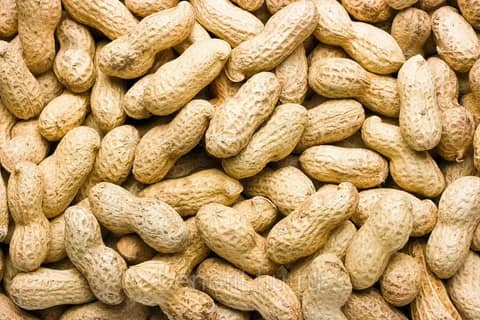
salted peanuts keto diet
This means that you need to incorporate it into your diet on a consistent basis. Peanuts are a very potent food source: About 18 mcg, or 60% of the Daily Value, may be found in 100 grams of peanuts.
- Copper in Peanuts
Copper is commonly lacking in the typical American diet. Copper deficiency has been linked to a variety of adverse health effects, particularly in the cardiovascular system. Copper is a mineral that is often overlooked yet serves vital roles. control of blood pressure and heart rate the process of making red blood cells Absorption of iron in your body A defense against prostatic inflammation Upkeep of solid skeletal and connective framework as well as other body structures and functions, including the brain and heart Activation of the Immune System
- Niacin in Peanuts
Niacin, often known as vitamin B3, together with regular physical activity like yoga, cycling, swimming, and walking, has been proven helpful in 14 studies. decreasing the likelihood of further heart attacks in already affected individuals Stopping the accumulation of lipids and cholesterol in blood vessels. Tissue triglyceride reduction Eliminating LDL cholesterol Nuts are a good source of vitamin E while following a ketogenic diet. Peanuts are an excellent source of vitamin E, a potent antioxidant. People who follow the ketogenic diet seldom suffer from a deficiency of vitamin A, a fat-soluble vitamin. And there’s no need to take extra vitamins or minerals. Vitamin E’s primary function is to prevent oxidative stress from damaging cells. However, vitamin E’s potential benefits in preventing cancer and cardiovascular disease has also been studied. When used with the ketogenic diet, peanuts have been shown to increase fat loss. Peanuts are a popular addition to the ketogenic diet since they aid in weight loss. Scientific research indicates that eating peanuts might help you lose weight by helping you feel full sooner. It has been demonstrated that due to its satiating impact, people eat less than other meals. The high protein and monounsaturated fat content of peanuts have also been demonstrated to aid in weight loss. Snack on some peanuts; it’s good for your heart. Numerous observational studies have found that nut and peanut consumption reduces the risk of cardiovascular disease. 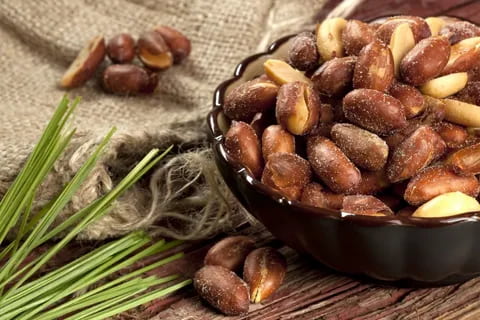
salted peanuts keto reddit
The magnesium, B vitamins, copper, and antioxidants in peanuts that we discussed above are likely responsible for these heart-healthy effects. Nuts and the Keto Diet: Possible Health Risks There may be advantages to eating peanuts while on the keto diet, but there may also be drawbacks. Despite popular belief, peanuts are really legumes and not nuts. Additionally, legumes are a class of plant foods that are particularly rich in a variety of plant poisons and antinutrients. To assist plants, nature provides insecticides and mineral-binding proteins, both of which can have harmful impacts on human health. Because of their high lectin content, peanuts should be avoided on a lectin-free diet and are not suggested for use in treating gastrointestinal disorders such as the leaky gut. Let’s investigate the peanut antinutrients and their potential effects. Peanuts contain phytic acid. One of the substances in peanuts on keto, phytic acid, interferes with the body’s ability to absorb minerals like zinc, which is why the nutritional density of peanuts is sometimes cited as a reason to avoid them. These mineral chelators, sometimes called phytates, are often found in a wide variety of foods, including seeds, nuts, and cereals. Between 0. 25 to 4. 5% phytic acid may be found in peanuts. If you base your diet on nutrient-dense keto meats, keto fish, keto seafood, organ meats, or dehydrated organ meats, you may safely ignore phytates. Peanuts’ Lectin Content Indigestible lectins are found in plants. They can create issues by entering the circulation via the gut wall and binding with viruses and bacteria, making it easier for them to do their damage. Perhaps no lectin is more infamous than gluten. But there are many more. It has also been established that lectins connect with insulin receptors, leading to an increase in insulin resistance, a disruption in metabolism, and ultimately, weight gain. There is a mold called aspergillus flavors that generates aflatoxin, and it has been detected in peanuts. Aflatoxin poisoning manifests itself through a variety of unpleasant effects, including hepatic dysfunction, ocular jaundice, and anorexia. In a hot, humid, and tropical environment, peanuts pose a greater risk. If you’re solely concerned with their micronutrient content, peanuts may be part of a healthy keto diet. In addition to the B vitamins and vitamin E that act as an antioxidant, they also supply copper and magnesium. peanuts have a somewhat high carbohydrate content compared to other nuts. Nuts like walnuts, pecans, and macadamias are good keto alternatives to peanuts since they contain fewer carbohydrates. To counteract the pro-inflammatory effects of the omega-6 fatty acids found in peanuts, eating more omega-3-rich foods like fish and fish oil supplements are recommended. Peanuts may not be good for those with inflammatory bowel disease or a leaky gut since they contain plant toxins and antinutrients. As a result, peanuts are generally safe to eat when in ketosis and can make for a tasty keto snack, but should be consumed in moderation. 

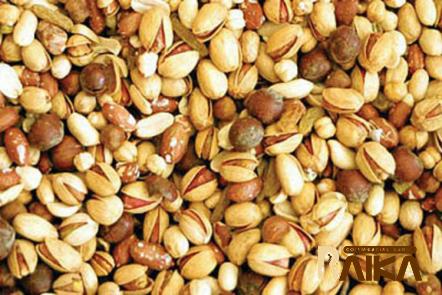

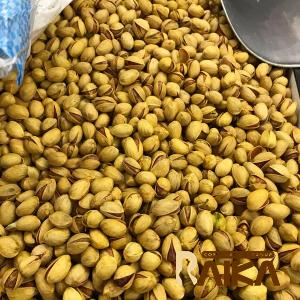

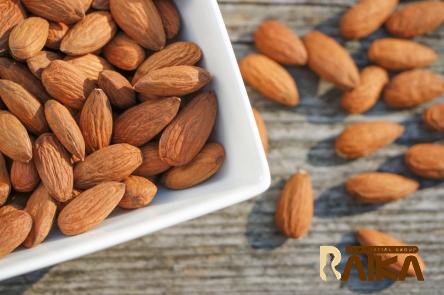

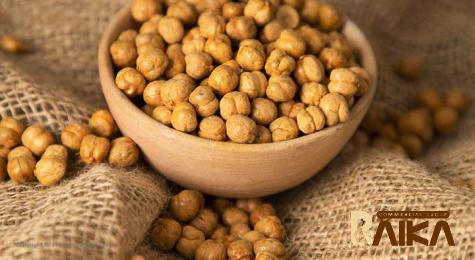
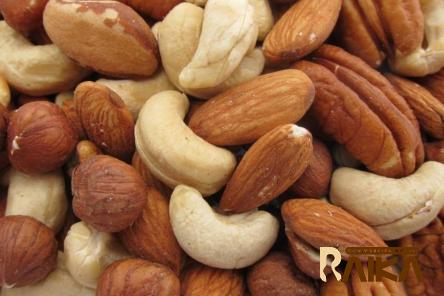
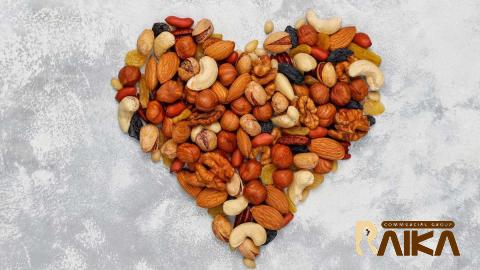
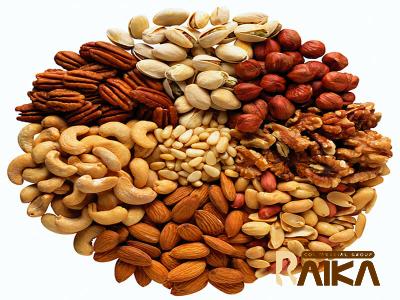
Your comment submitted.